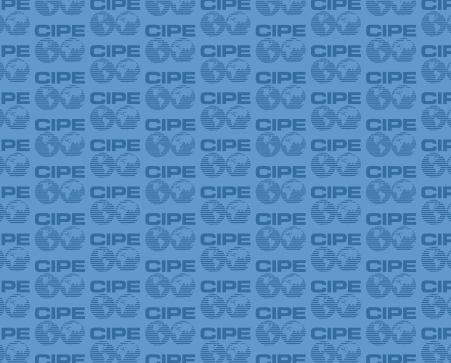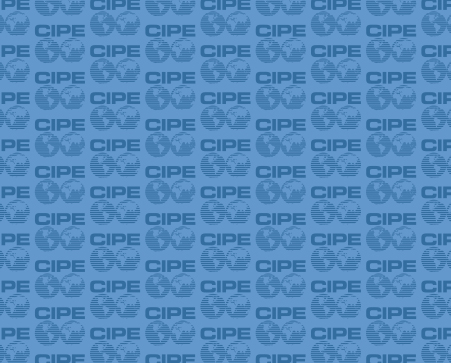
For the sixth consecutive year, internet freedom throughout the world has continued to decline. Although efforts to close the digital divide by bringing more people online has continued, 67%, or two-thirds of all internet users, fear the unprecedented penalties from living in countries with high levels of censorship. According to Freedom House’s latest report, Freedom on the Net Report 2016, Estonia, Iceland, and Canada are the most open countries when it comes to internet freedom, while China, Syria, and Iran are the most restrictive.
The 2016 report gathered information from 65 countries, measuring each individual country’s level of internet and digital freedom by using a variety of indicators. Since 2015, Turkey and Brazil have continued to move away from internet freedom, and just 14 countries registered overall improvements from the previous year.
Some other key findings include:
- Communication and Messaging Apps – In a new trend, governments around the globe are now increasingly targeting a variety of different messaging apps such as WhatsApp or Viber, due to their ability to share and spread information quickly.

Image via Freedom House
- Censorship of Diverse Content – Governments are now censoring more diverse online content such as images or content related to the LGBTI community, corruption, ethnic and religious minorities, or the critique of governments and the ruling elite. Citizens who display “unwanted content” determined by governments are often subject to imprisonment or even death.
- Online Activism – Fortunately, there has been an increase of online activism to help balance the increased censorship of the internet. According to the results, nearly two-thirds of the countries surveyed demonstrated increased petitioning and overall activism for the safety and security of civilians. One notable example can be found in Syria where WhatsApp has been an incredibly useful platform to warn others of overhead airstrikes or to inform the world of current mass atrocities. Online activism can also be seen in places like the Ukraine and Russia through the #IAmNotAfraidToSayIt Campaign which brings sexual harassment, an often tabooed topic, into online discussion.
- Encryption and Cyber Security – Governments are continuing to impose restrictions on internet messaging due to their strong encrypted privacy features. Messaging Apps such as WhatsApp, Viber and Telegram have widely been used around the world to avert censorship. However, these security features have encouraged governments to block the usage of these applications suppressing the freedom of expression.
Given these trends, the Internet Society is currently trying to predict what the future of the Internet will be. Internet Society mentioned that, “they expect the desire to manipulate information online will not change. However, it is likely that the growth of the internet will increase the internet’s utility of being more transparent and supporting activism through social media organizing”.
Now more than ever, it is vital to work together to pursue an agenda of a free and open internet. Internet freedom is not only fundamental for human rights, but it is also essential for businesses to flourish through means of trade, entrepreneurship, and public-private dialogue. In the digital world, a strong, developed economy requires online commerce to be international, rather than constrained by borders. In addition, periods of internet shutdowns and insecure data directly impact business development.
Morgan Frost is Program Assistant for Global Programs at CIPE.
Published Date: December 01, 2016
